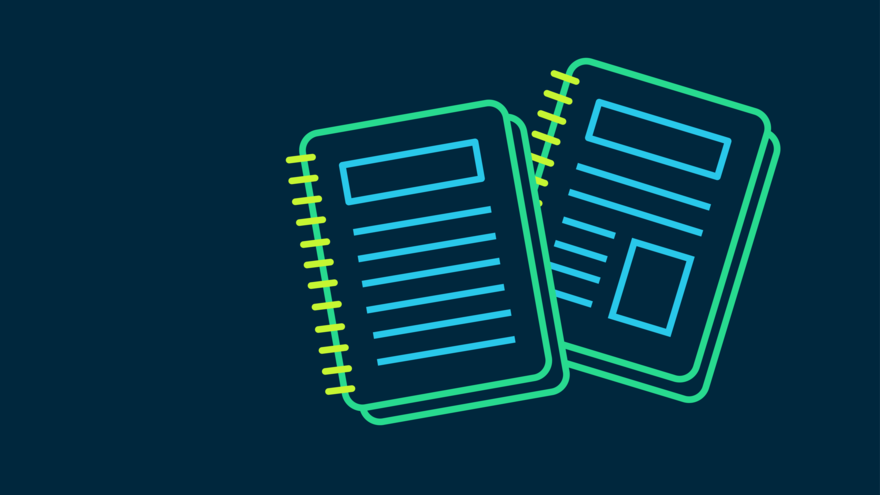
Women's 'pain dismissed'; Study into cancer care gender bias; Addressing healthcare inequalities
Report warns women's symptoms are being 'normalised' and 'pain dismissed'
A new report has found that, despite some painful women’s reproductive health conditions being highly prevalent in the UK, accessing diagnosis and treatment can take years. Women experiencing conditions such as endometriosis, adenomyosis and heavy menstrual bleeding also frequently find their symptoms normalised and their pain dismissed when seeking help. The report by the Women and Equalities Committee (WEC) warns many women and girls are left to endure pain and discomfort that interferes with every aspect of their daily lives.
The report calls on the NHS to urgently implement a training programme to improve the experience of accessing treatment and diagnosis. It also says the Government should allocate a greater share of research funding to support research into the causes, diagnosis and treatment of women's reproductive health conditions.
Read the full report on the UK Parliament website here.
Study: Gender is an often-overlooked barrier to equitable cancer care
A blog by PIF partner Ipsos UK explores gender bias in cancer care in the UK and some of the causes behind it. The new blog, published by PIF member The Eve Appeal, shares the results of research into equitable cancer care published by Ipsos UK last year. Key findings of the research include that men are more likely to be taken seriously at symptom presentation than women. When women do advocate for themselves, they are often perceived as "annoying" or "pushy", leading to dismissal and minimisation of their concern. Such biases can lead to delayed diagnoses, inadequate support and unequal outcomes for men and women.
Read the blog via The Eve Appeal website here.
Read the full report on the IPSOS website here.
Catch up on a PIF webinar where Helen Bennis from Ipsos shared the primary research findings here.
Healthcare communications with Jewish communities
A review of NHS health communications has revealed a general lack of understanding about Jewish identity and Judaism within the NHS, leading to miscommunications and stereotypes. The report, commissioned by the NHS Race and Health Observatory in 2022, and co-developed by Intent Health, also identified barriers such as inconsistent data capture, mistrust and doubts about safety. These hinder effective communication and engagement between Jewish people and healthcare professionals. The report offers several recommendations for improving engagement and communications with Jewish communities, alongside a resource toolkit.
Download the full report on the NHS Race and Health Observatory website here.
Report highlights work to address local healthcare inequalities
More than 34,000 people from underserved groups or deprived areas have benefitted from the first wave of a NHS England project. The Innovation for Healthcare Inequalities Programme (InHIP) is a collaboration between the Accelerated Access Collaborative (AAC), NHS England’s National Healthcare Inequalities Improvement Programme and the Health Innovation Network, delivered in partnership with integrated care systems (ICSs). An impact and learning report published by NHS England highlights how project teams have been working together with their local communities to identify, address and minimise healthcare inequalities by improving access to the latest health technologies and medicines.
Read the full impact and learning report via the Health Innovation Network website here.
Co-produced resources for dementia family carers
Educational resources have been produced for family carers supporting someone living with dementia following a research study. The Association for Dementia Studies, University of Worcester, was granted 18-month funding by the UK National Institute for Health and Care Research (NIHR) to conduct the research study. Crossing the line aimed to gain a deep understanding of the experiences of family carers supporting someone living with dementia. The study findings enabled the development of accessible, co-produced educational resources for family carers. Resources include a website, films featuring family carers and a series of 15 booklets covering a wide range of topics.
Find out more about the study and the resources on the Crossing the line website here.
Electronic health record and app for mothers-to-be
An electronic health record (EHR) and app will be rolled out across Wales to enable mothers-to-be to access their full maternity records instantly. The Badger Net app will replace paper notes. It will allow users to view booked appointments, learn more about their baby’s development, enter blood pressure readings if asked by their midwife, and personalise details and preferences quickly. The Welsh government says the app and EHR are expected to be available across Wales by March 2026.
Read more about the EHR and app via the Digital Health website here.
Webinar: Workshops being held on epilepsy diagnosis and anaesthetic care
The Professional Record Standards Body (PRSB) is hosting two webinars to allow professionals to share their views on draft standards. PRSB has been commissioned by the Royal College of Paediatrics and Child Health (RCPCH) to conduct the initial phases (Discovery and User-Centred Design) of developing a draft Epilepsy Information Standard. The webinar on Wednesday, January 29, is an opportunity to share views on recording epilepsy diagnosis and treatment data for the future. PRSB has also been commissioned by the Obstetric Anaesthetists’ Association to develop a draft key minimum dataset to improve the collection of data related to anaesthetic care to improve the quality of care for people giving birth. The webinar on Tuesday, 4 February, is an opportunity for professionals to share their views on the draft set of record keeping standards.
Register for the Epilepsy Standard professional webinar here.
Register for the Obstetric Anaesthetic Standard professional webinar here.
